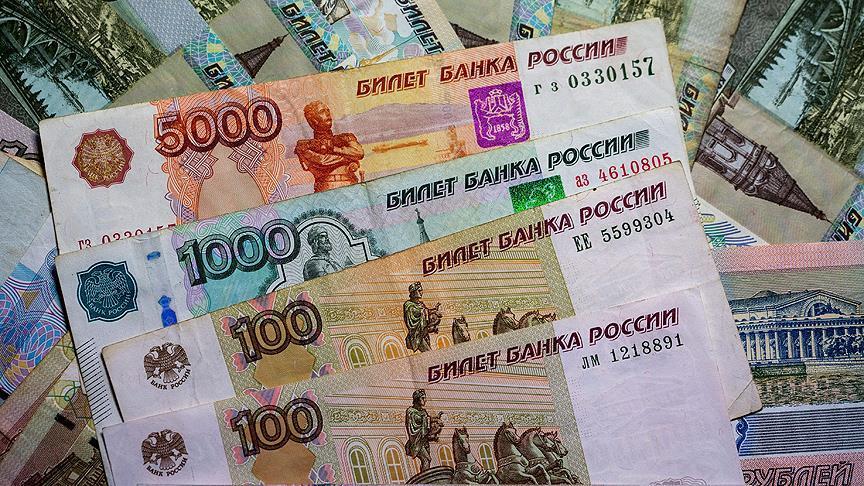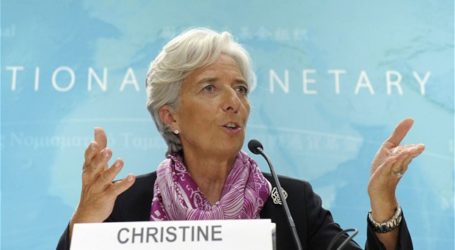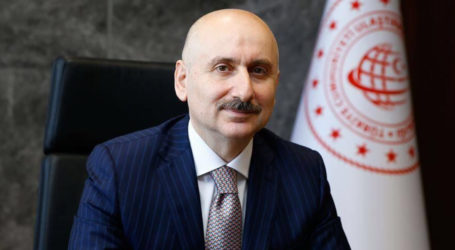RUSSIAN RUBLE EXPECTED TO WEAKEN FURTHER


Moscow, 13 Rabi’ul Awwal 1437/24 December 2015 (MINA) – The lowest oil prices seen in the last 11 years is pushing the ruble to its weakest on record while market dynamics are expected to continue their downward pressure on the Russian currency, experts have said.
“At the moment, the oil market is on downward trend and this does not seem to stop, so I would expect the ruble to go down,” Oleg Shibanov, the program director of Master of Science in Finance at the Moscow-based New Economy University, told the Anadolu Agency Wednesday, Anadolu Agency reports as quoted by Mi’raj Islamic News Agency (MINA).
The ruble has weakened nearly 7 percent in December – the second-biggest decrease among developing nation currencies.
The Russian economy is heavily dependent on hydrocarbon exports, with more than 50 percent of the country’s revenue deriving from the sale of oil and gas resources.
Oil prices have lost more than 60 percent of their value since the June 2014 peak with Brent crude currently trading at around $36 per barrel.
“If that’s below $25 per barrel, we should start worrying a lot,” Shibanov said, adding that, “this large decrease impacts a budget deficit a lot and should lead to further ruble depreciation.”
Although there was a decrease this year by more than 50 percent compared to 2014, another problem that the Russian economy is currently facing is capital outflows, mainly driven by western sanctions imposed on the country due to the crisis in Ukraine.
The Central Bank of Russia says $50.2 billion left the country from January to October, compared to $105.3 billion in the same period last year.
Commenting on possible pressure on the Russian economy by the Federal Reserve’s (Fed) key interest rate decision on last week, Oleg Buklemishev, associate professor in the department of Economics at Moscow State University, said that as the move by Fed was widely expected, the market reaction in Russia was muted.
“Of course, if continued, the tightening will bring rebalancing of the global system of yields and risks, but compared with Russia-specific factors, this effect won’t be significant, I believe,” Buklemishev said. (T/P010/R04)
Mi’raj Islamic News Agency (MINA)






